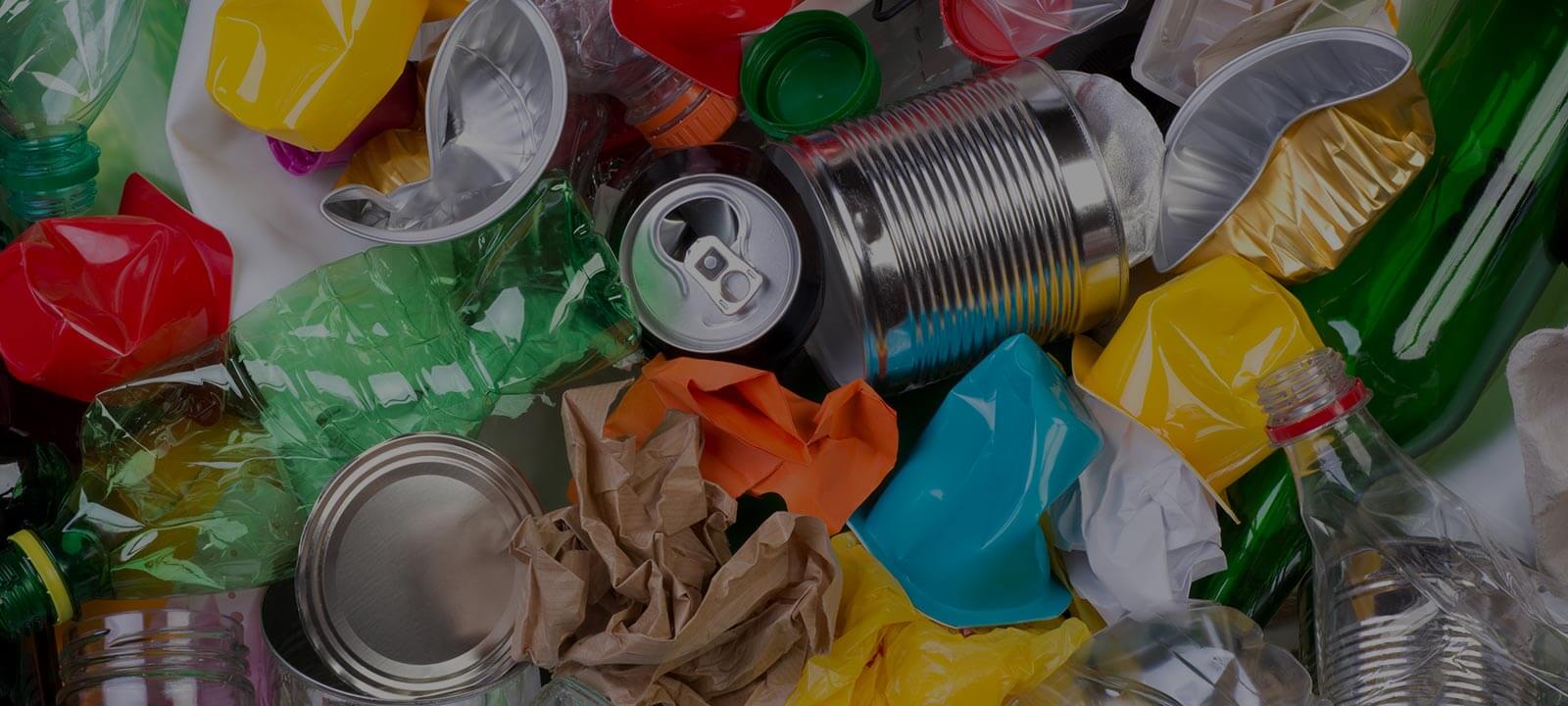A Look at Recycling in the UK
Posted on 29/04/2025

Recycling has become an important topic in the UK, with more and more people becoming aware of the impact of waste on our environment. In recent years, there has been a significant increase in recycling efforts as the government and individuals take steps towards a more sustainable future. In this article, we will take a closer look at the state of recycling in the UK - its pros, cons, as well as tips and takeaways for those interested in making a positive impact on our planet.
The State of Recycling in the UK
According to recent statistics, the UK produces over 200 million tons of waste every year, with only around 45% being recycled. This means that over half of all waste ends up in landfills or incinerators, which leads to pollution and contributes to climate change. The good news is that the UK has made significant progress in increasing its recycling rates in recent years. In fact, it has set itself a target to recycle at least 50% of all household waste by 2020.
One of the main factors contributing to this increase is the availability of recycling services across the country. Most local councils provide households with separate bins for different types of waste such as paper, glass, plastic, and food waste. Additionally, there are also recycling banks placed in public areas where people can drop off their recyclables.
Pros of Recycling
There are many benefits to recycling that go beyond just reducing the amount of waste sent to landfills. The most obvious one is that it helps conserve natural resources. When we recycle materials such as paper and plastic, we reduce the need for sourcing new materials from our environment, leading to less deforestation and pollution from resource extraction.
Recycling also has economic benefits. By turning waste into new products, we create jobs in industries such as manufacturing and engineering. This not only boosts our economy but also provides employment opportunities for many.
Furthermore, recycling has a significant impact on reducing greenhouse gas emissions. When waste decomposes in landfills, it releases methane - a potent greenhouse gas that contributes to global warming. By recycling and diverting waste from landfills, we can significantly reduce these emissions and make a positive impact on our environment.
Cons of Recycling
Despite its many benefits, recycling does have its limitations and challenges. One of the main concerns is contamination of materials. If recyclables are mixed with non-recyclable items, they become contaminated and cannot be recycled effectively. This often happens when people do not sort their waste properly or when they put dirty or wet items in recycling bins.
Another issue is the cost of recycling. While it may seem like a simple process, it requires significant resources and energy to collect, transport, and process recyclable materials. This can sometimes make it more expensive than sending waste straight to landfills.
Tips for Better Recycling
To ensure effective recycling, it is essential to follow some simple tips:
1. Know what can be recycled: It is crucial to understand which materials can be recycled in your area. Different councils may accept different types of waste, so it's best to check with your local council or waste management company.
2. Sort your waste properly: Make sure you follow the guidelines for sorting your waste correctly. Separate paper from plastic, glass from metal, and food waste from general household waste.
3. Rinse containers before recycling: To avoid contamination, rinse out food containers before placing them in the recycling bin.
4. Avoid single-use plastics: Consider alternatives to single-use plastics such as reusable water bottles and bags to reduce the amount of plastic going into landfills.
Takeaways from Recycling in the UK
The increasing efforts towards recycling in the UK show that individuals have the power to make a positive impact on our environment by making small changes in their daily habits. By following proper recycling practices, we not only reduce waste but also conserve natural resources, create jobs, and mitigate climate change.
Conclusion
In conclusion, recycling in the UK has come a long way in recent years, but there is still room for improvement. With proper education and awareness, we can overcome the challenges of recycling and continue to make a positive impact on our planet. By following simple tips and being mindful of our waste, we can all contribute towards a more sustainable future for generations to come. Let's do our part in keeping our environment clean and green through effective recycling practices.











